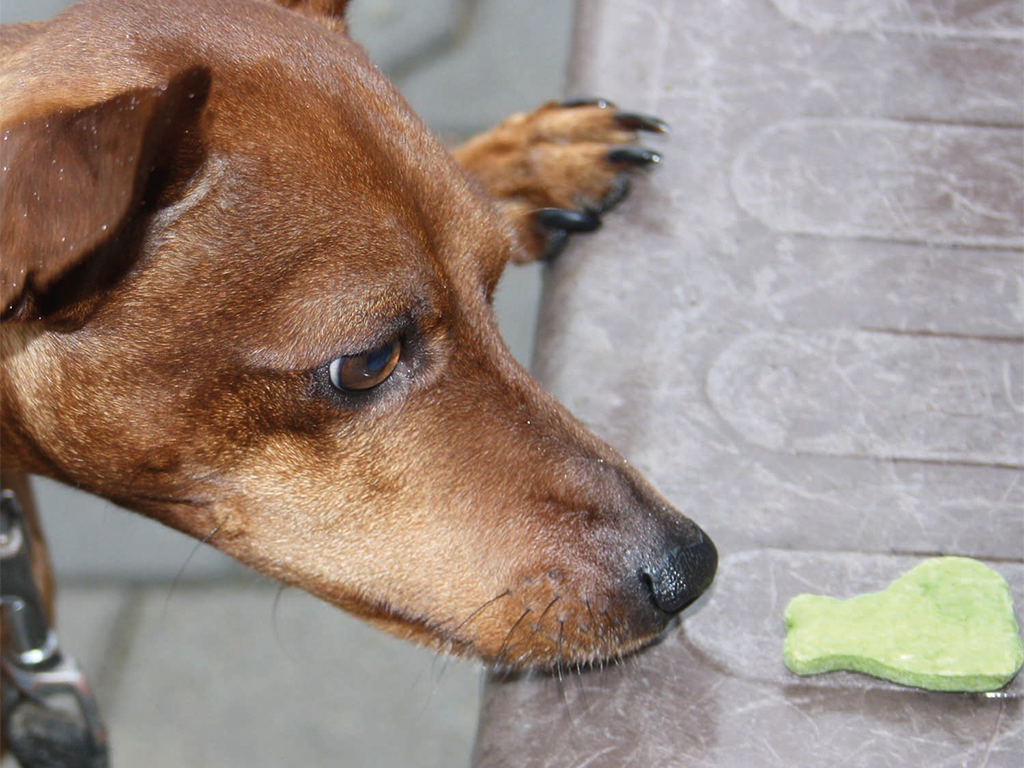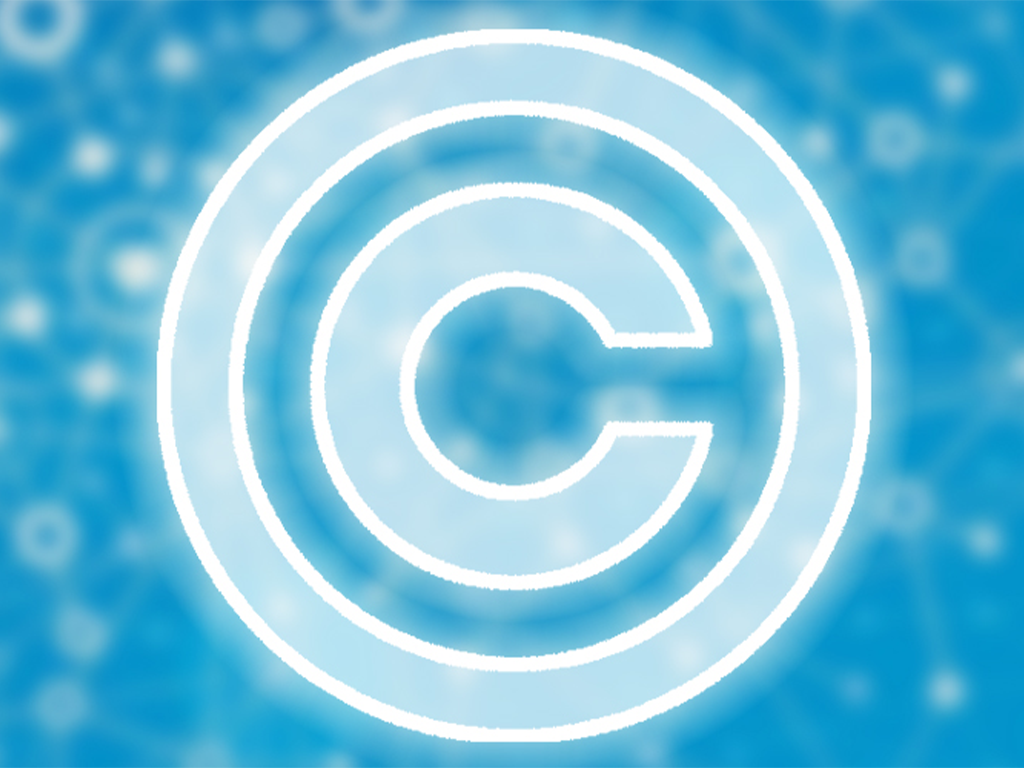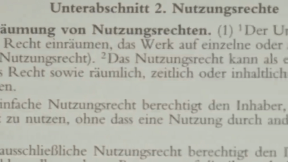 Biology
Biology

46500901 / 55500658
Conditioning
Pavlovian Dog and Skinner-box
The theory of classical conditioning is one of several learning theories which explains how behaviours can result from stimulation without, however, taking into consideration the processes in the brain (black box).
Stimuli differ considerably. They can be, for example, chemical, mechanical, acoustic or temperature stimuli.
The stimulus makes contact with a sensory organ, this leads to excitation formation. The excitation is transferred to the brain via sensory nerves and processed there. The command from the brain is passed on via motor nerves. The command is executed and a response occurs.

Curriculum-centred and oriented towards educational standards
Matching
Air Traffic
Being able to fly has been a dream of humanity from time immemorial. But it does not even date back a century that people actually started being able to travel through the air. Since the 1960s, the number of flight passengers has been constantly increasing. Thus, the airspace is no longer dominated by birds but by man-made flying objects.
Copyright
Copyright is subject to constant change to keep up with technological advances. This film enables the viewer to grasp the basic principles of this extremely intricate matter. By way of introduction, the film defines what an author is, what kinds of works there are and how long a work is protected on principle. Then the fundamental rights of an author are cited and it is shown how these are exploited in our times. In the third chapter, the respective rights are illustrated by way of practice-oriented examples of books, photos, music and films. Here, of course, an emphasis is laid on the field of education, taking into account the latest case law within the EU and Austria in particular. A further chapter highlights the problems arising with the Internet and goes into the citation law and pirate copies. All in all, in this way the viewer is made familiar with the most important basic terms and their meanings. Comprehensive worksheets and additional accompanying material invite us to deepen our knowledge of the subject.









